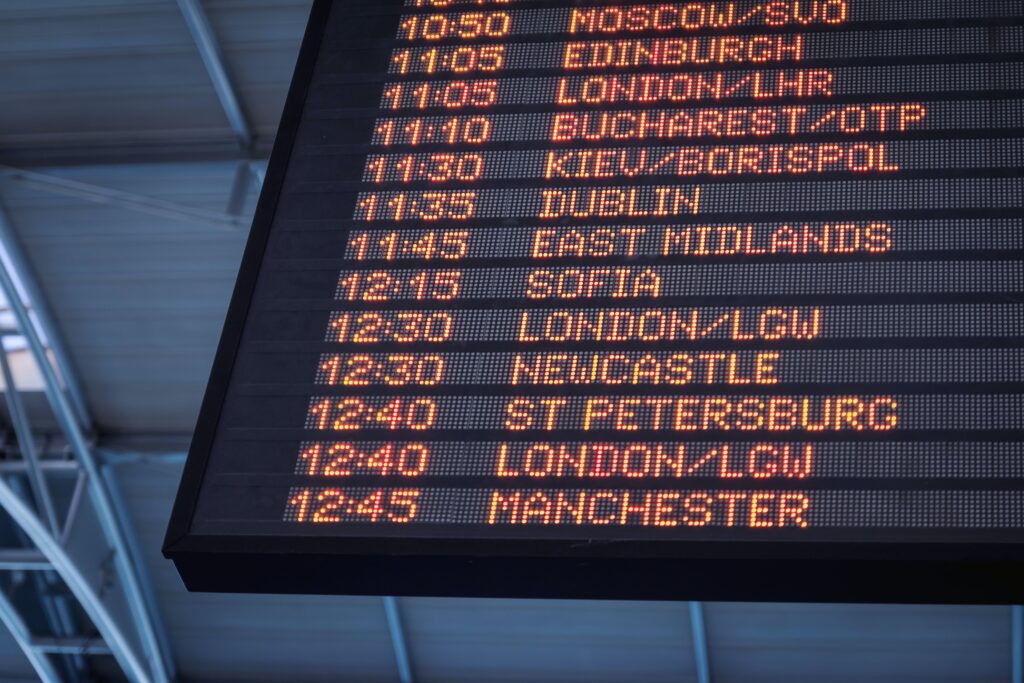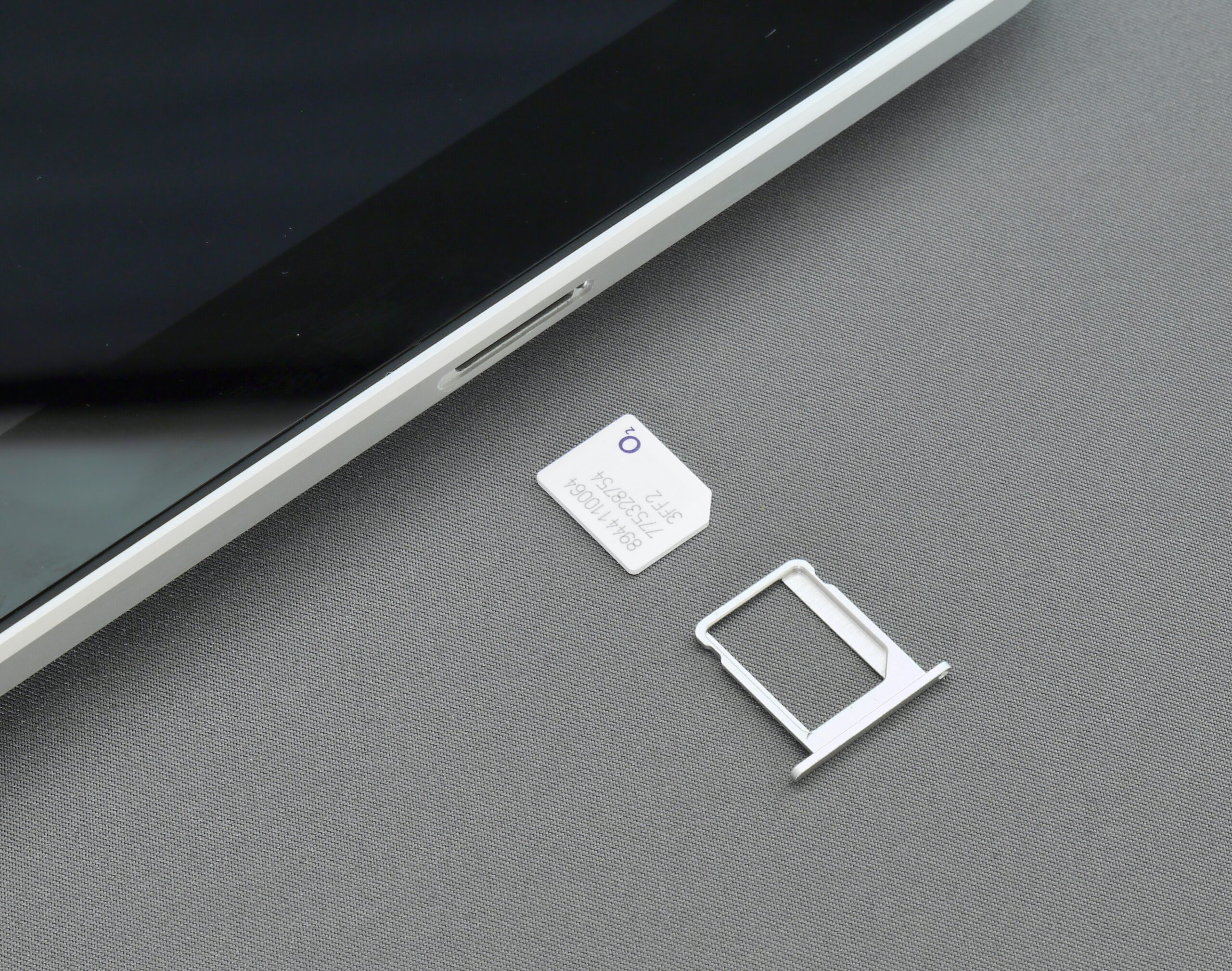East Timor Transportation Guide
East Timor Transportation Guide: Navigate East Timor with taxis, microlets, and ojeks. Roads may be challenging, so plan travel carefully. Enjoy island-hopping ferries.


East Timor Transportation Guide – International Airports
East Timor has an international airport called Presidente Nicolau Lobato International Airport, located in the country’s capital, Dili. This airport offers direct flights to some cities in the region, such as Bali and Singapore, and there are also connections through Jakarta, the capital of Indonesia.
Presidente Nicolau Lobato International Airport is a relatively small airport and has some shops, restaurants and basic services, such as ATMs and exchange offices. There are also taxi services and public transportation available to get to the city center.
National Airports
In addition to Presidente Nicolau Lobato International Airport, there are also other smaller airports in East Timor, such as Suai Airport and Baucau Airport, which offer domestic and regional flights. However, it is important to note that airport infrastructure in East Timor is limited and services can be basic, so travelers should plan ahead and be prepared for possible flight delays or cancellations.
East Timor Transportation Guide – Trains
There are currently no trains operating in East Timor. The country does not have a railway network and there are no short-term plans to build one. Land transportation in East Timor is mainly based on roads and buses.
Additionally, travelers can also rent cars or motorcycles to get around the country, but must be careful due to the road and driving conditions in East Timor. It is important for drivers to inform themselves about local traffic regulations and take safety precautions on the roads.


East Timor Transportation Guide – Buses
Buses are the most common means of transportation in East Timor and there is a network of buses connecting the country’s main cities. Mminibuses and buses are inexpensive and offer a convenient way to get around within the country, although they can be crowded and do not always adhere to scheduled times.
Buses are operated by both private companies and the government, and the price of the ticket varies depending on the route and company. Buses are generally not air-conditioned and can be quite basic, with wooden seats and windows that don’t close completely. On some routes, travelers may need to change buses to reach their final destination.
It is important to note that roads in East Timor can be dirt or gravel and can be difficult to navigate, especially during the rainy season. Travelers should be prepared for possible delays and should also be aware that buses may be full and do not always adhere to scheduled times.
In addition to buses, there are also minibuses and shared vans that offer transportation services within cities and to more remote locations. These services are more informal and prices can be negotiated with the driver. Shared minibuses and vans can be a good option for traveling to more remote locations where buses don’t reach, but they can also be overcrowded and don’t offer a high level of comfort.
Links of interest
Airlines:
Civil Aviation Authority of Timor-Leste (CAATL)
Buses:
East Timor Ministry of Transport and Communications


We recommend
East Timor travel tips
Our guide offers essential East Timor travel tips and insights for an unforgettable journey. Plan your trip with us!
East Timor Transportation Guide – SIM Cards
For a convenient stay in East Timor, consider these SIM card tips:
Providers: Purchase from Telkomcel or Timor Telecom for network coverage. Compare data plans for your specific needs.
Registration: Register your SIM card following local regulations; provide necessary identification documents like your passport.
Purchase Locations: Buy SIM cards at official stores, kiosks, or at the airport upon arrival.
Top-Up: Refill credit at convenience stores, kiosks, or through the provider’s app. Top-up cards are widely available.
Data Packages: Select data packages suitable for your stay. Plans often include calls and texts.
Coverage: Confirm network coverage in your area, especially if traveling to remote regions.
Dual SIM Phones: Consider using a dual SIM phone to keep your home SIM active.
Emergency Services: Be aware of local emergency numbers and have a working phone for any unforeseen situations.
International Roaming: Check international roaming rates if planning to travel beyond East Timor’s borders.
Mobile Apps: Download the provider’s app for convenient balance checks, top-ups, and plan management.
Always verify details with the respective providers, and ensure your phone is unlocked for East Timor SIM card use.
Currency Converter
Currency Converter EUR/USD: Mon, 2 Jun.
Unit Converter
East Timor Transportation Guide – Maps
What map do you need?
Choose your destination
More information about this country





